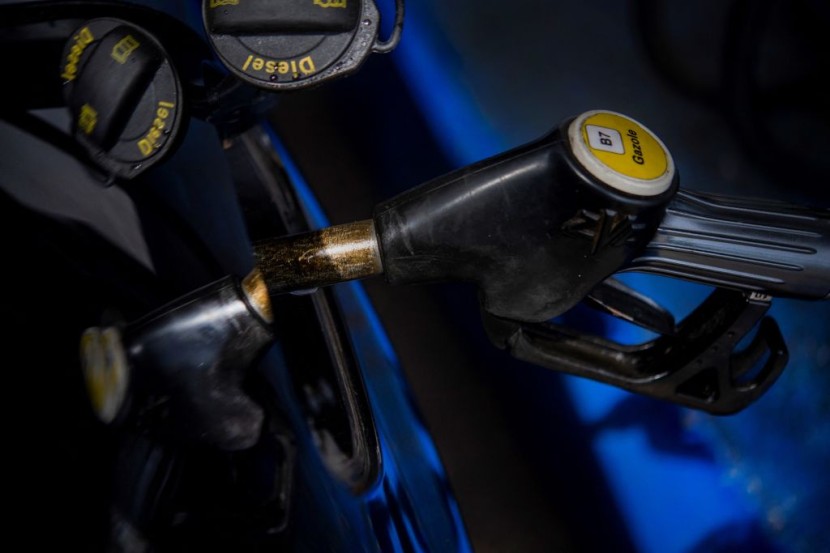
Members of the European Parliament on Wednesday voted in support of banning the sale of new combustion engine cars by 2035 which would be considered one of the world's strongest laws to phase out gasoline vehicles if it is approved by the European Council.
The vote was made amid the continuous rise of oil prices exacerbated by Russia's ongoing invasion of Ukraine and subsequent Western sanctions on Moscow. While the measure still requires to be debated by the Council and passed into law, the parliamentary vote is seen as the most crucial step in the process.
Total Ban on Gasoline Cars
Full approval of the proposal will likely mean a dip in sales for hybrid cars and a rapid transition to fully electric models. The support for the measure comes after a series of rejections of other key climate policies on Wednesday.
A center-right parliamentary faction has previously voiced its opposition to the 100% ban by 2035 as some lawmakers had called to instead make it into a 90% ban. The counter-proposal means that one-tenth of all new car sales could still be combustion engines, as per CNN.
A Dutch lawmaker, Jan Huitema, who led in drafting of the policy, said that he was very relieved and happy with the outcome of the vote. Previously, the parliament rejected three other key proposals, including its centerpiece policy to reform its carbon market.
Read Also : Moscow Won't Sell Cheap Oil to the US, Its Allies Reeling From High Prices To Address Energy Crisis
Earlier on Wednesday, German lawmaker Peter Liese said that his center-right EPP group did not support the 100% ban, arguing that combustion vehicles could still be useful, should technology around low-carbon synthetic fuels improve over time.
According to US News, EU lawmakers also endorsed a 55% reduction in CO2 from automobiles in 2030 compared with 2021. The move deepens an existing obligation on the car industry to lower CO2 discharges by 37.5% on average at the end of the decade compared to last year.
Reaching Climate Goals
Various environmentalists expressed their agreement with the parliament's decisions with Transport & Environment, a Brussels-based alliance, saying that the vote offered a "fighting chance of averting runaway climate change."
However, Germany's auto industry lobby group VDA criticized the decision, saying that it ignored the lack of charging infrastructure in Europe. It added that the measure was a "decision against innovation and technology," which is a reference to demands from the industry that synthetic fuels be exempt from the ban.
A group of Green Party EU lawmakers posted a tweet after the vote on Wednesday saying that 15% of the EU's total greenhouse gas emissions came from road support. The group said that cutting these emissions was crucial to reaching the region's climate goals.
BREAKING: Great news from #Fitfor55 votes🎉@Europarl_EN votes to phase out 100% new combustion engine cars by 2035!
— Greens/EFA in the EU Parliament 🌍 (@GreensEFA) June 8, 2022
15% of the EU’s total greenhouse gas emissions come from road transport. Cutting these emissions is vital if we’re going to reach our climate goals! pic.twitter.com/gQbvg9qkv2
The aim of the measure is to speed Europe's shift to electric vehicles and embolden carmakers to invest heavily in electrification, aided by another EU law that will require countries to install millions of vehicle chargers.
Huitema said, "Purchasing and driving zero-emission cars will become cheaper for consumers." This comes as amendments tabled by conservative lawmakers seeking to avoid a full ban failed to receive backing from a majority, Aljazeera reported.
Related Article:
Gas Prices Rise to More Than $5 per Gallon, Affecting Thirteen States








